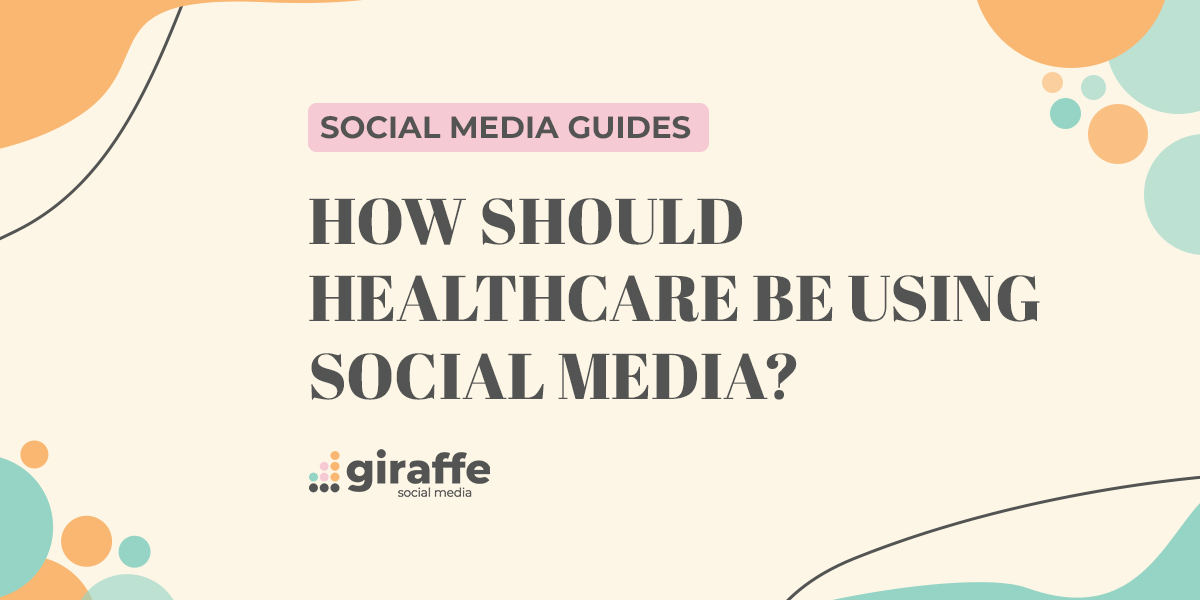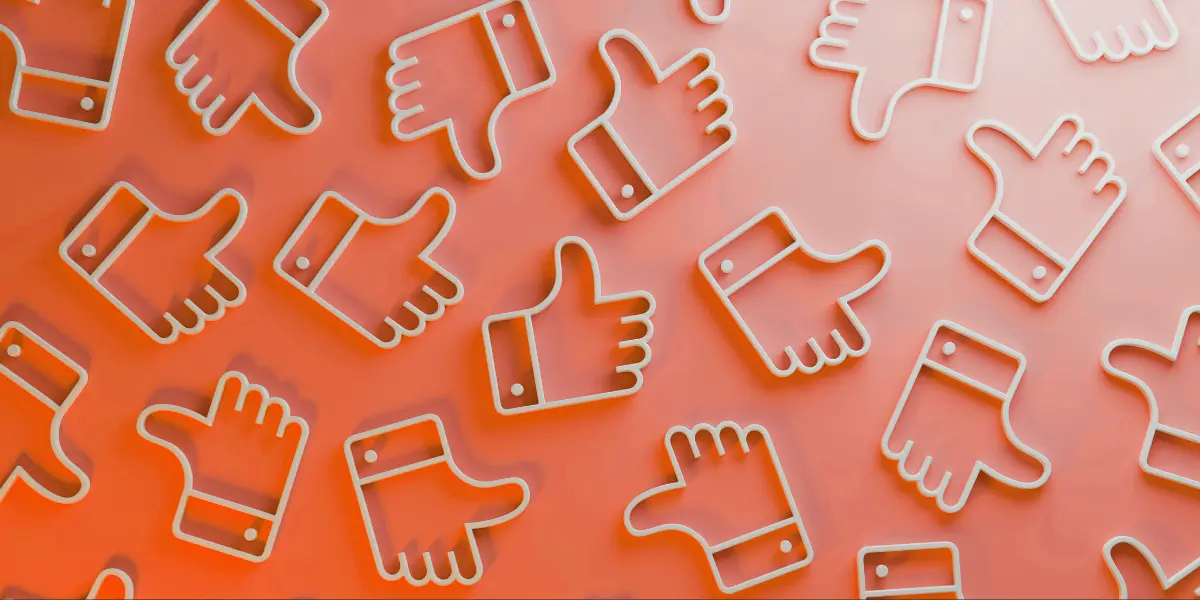Social media is a very powerful tool. With many people looking to social media for up-to-date news on a wide variety of subjects, it makes sense that we also use social platforms for healthcare news too.
This was really put to the test in recent years, with 76% of respondents of a survey saying they used social media “at least a little” to learn more about the Coronavirus pandemic. But interestingly, in this same survey, 63% said they would be unlikely to double-check the information they read on social media with a healthcare professional.
Because of this, it’s vitally important that healthcare professionals on social media are doing all they can to provide accurate and helpful information, which brings us to the first tip in using social media within the healthcare industry…
Social Media and Healthcare: Spreading Awareness
We mentioned the importance of being accurate with your information, and when this is absolutely vital is raising awareness of certain issues.
Social media can play a key role in letting the public know about new, emerging and/or annual health concerns, so being on the ball with your social communications is essential.
Spreading awareness on social media can be as simple as tweeting advice about common health practices or letting your followers know the best way of living a healthy life.
Learn more about making authentic content for social media here.
Social Media and Healthcare: Combating Misinformation
We all know that social media is riddled with misinformation and (to use a buzzword that’s come into vogue in recent years) fake news.
Social networks are, by design, very good at helping to spread information across the globe, but unfortunately, the opposite is true, with misinformation having the ability to spread like wildfire to all sides of the earth.
So as a healthcare professional using social media, it’s important that you’re doing all you can to combat and refute misinformation whenever you see it.
Social Media and Healthcare: Crisis Communication
As we mentioned at the very top of this article, social media is an invaluable tool when it comes to spreading the word and raising awareness of healthcare concerns. And as we saw during the COVID-19 outbreak, using social media is an incredible tool to provide up-to-the-minute updates.
With new research coming in all the time, the guidelines and procedures that we should follow when it comes to a crisis are ever-evolving. And as such, the general population don’t have time to wait for the next broadcast to be updated on what we should be doing.
This is where social networks like Twitter and Facebook come in!
Healthcare professionals are able to use these platforms to supply their audience and community with regular updates regarding the best ways to stay safe during a crisis.
To Note: Always Cite Sources
We mentioned that misinformation and fake news can spread rapidly on social media. Because of this, you must always provide verified sources for every claim you make.
This is also the case when you point out and debunk misinformation.
Including links to websites such as the National Health Service and Centers for Disease Control is the best option, as these government-controlled websites will never include misinformation, and will always be up-to-date.
/
If you’re a healthcare professional looking for some help on social media, we’ve got you covered! We can handle everything from creating bespoke content for your brand, to running full-scale advertising campaigns for anything you wish to promote.
Get in touch with us here to learn more!
/
Updated in 2022 by Samuel Stroud





